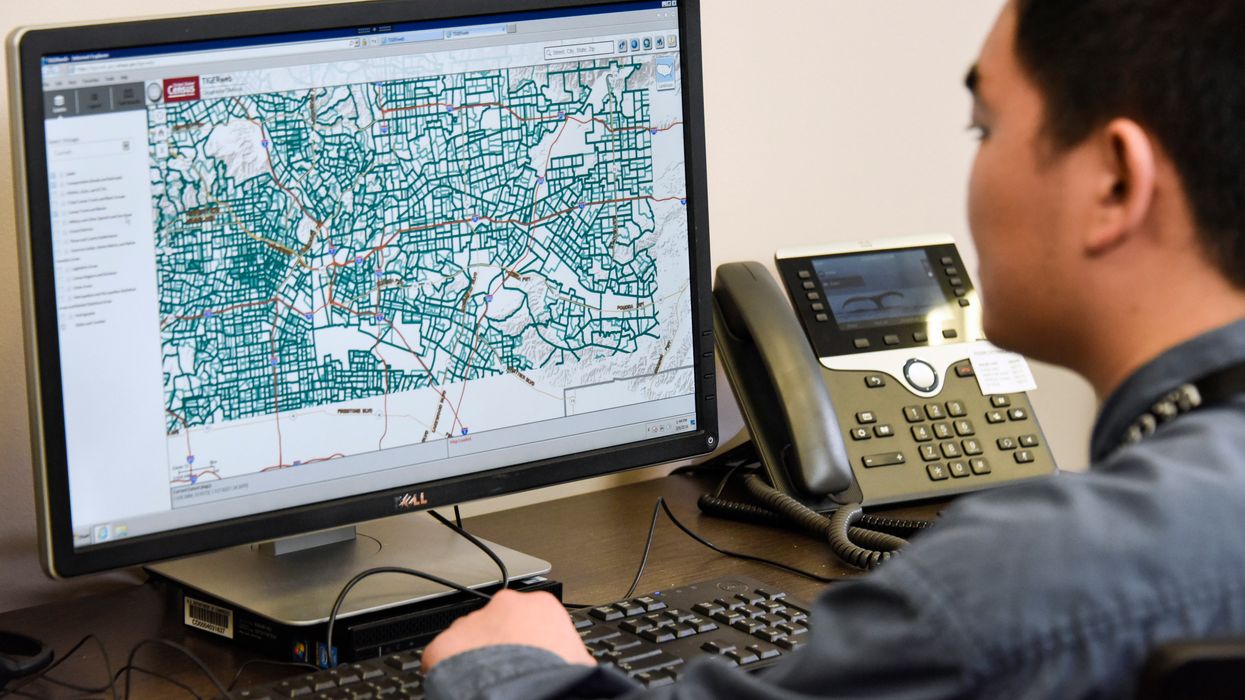While the controversy over the proposed citizenship question has dominated most of the news coverage of the 2020 census, lingering concerns remain over a number of issues that will decide its success.
The concerns – expressed by members of Congress and contained in numerous reports by agency overseers and outside groups – focus mainly methodology, technology and cybersecurity.
Here is a look at each:
Changes to the census
If your image of the census is the indefatigable enumerator going door to door to ferret out all of the country's citizens, then you need a reset.
For the 2020 count, the Census Bureau plans to replace about 70 percent of the field work using in-office canvassing that relies on data from satellite imagery and other sources, according to a Congressional Research Service report.
The biggest change will be to encourage people to respond to the census using the Internet. Trying something this new requires testing but because of budget concerns, the bureau scaled back on its testing in 2017 and 2018, according to a report from the Government Accountability Office.
That lack of testing contributed to GAO's decision to place the census on a list of high-risk or potentially troublesome federal programs in 2017 and remains there for 2019.
Technology concerns
Completing the census is going to involve 52 new and existing systems, according to the GAO. Again, the primary concern is whether these systems will be properly tested in time for the start of the census. This may "increase the risk that systems will not function as intended," GAO officials testified during a House Appropriations subcommittee hearing in late April.
Cybersecurity worries
Russian hacking of U.S. election systems demonstrates the need to have security systems in place for government programs, including the census.
Still, the GAO found that as of this spring, the Census Bureau still needed to address more than 500 corrective actions related to security, including nearly 250 that were considered "high-risk" or "very high-risk."
Meanwhile, the inspector general for the Commerce Department, which oversees the Census Bureau, concluded in a report just two weeks ago that the bureau's cloud-based IT systems "contained fundamental security deficiencies."
The IG report acknowledged that some of the issues were resolved even before the audit was completed, but showed that the Census Bureau did not use proper cloud security when conducting some of its testing, thereby placing data collected during those tests at "increased risk of potential misuse or loss."
And why is an accurate census important, anyway?
The census determines:
- Which states gain or lose House seats.
- How the U.S. House and state legislative districts are drawn within states.
- How more than $675 billion in federal funds is doled out among states for health, education, transportation and other needs.




















Trump & Hegseth gave Mark Kelly a huge 2028 gift